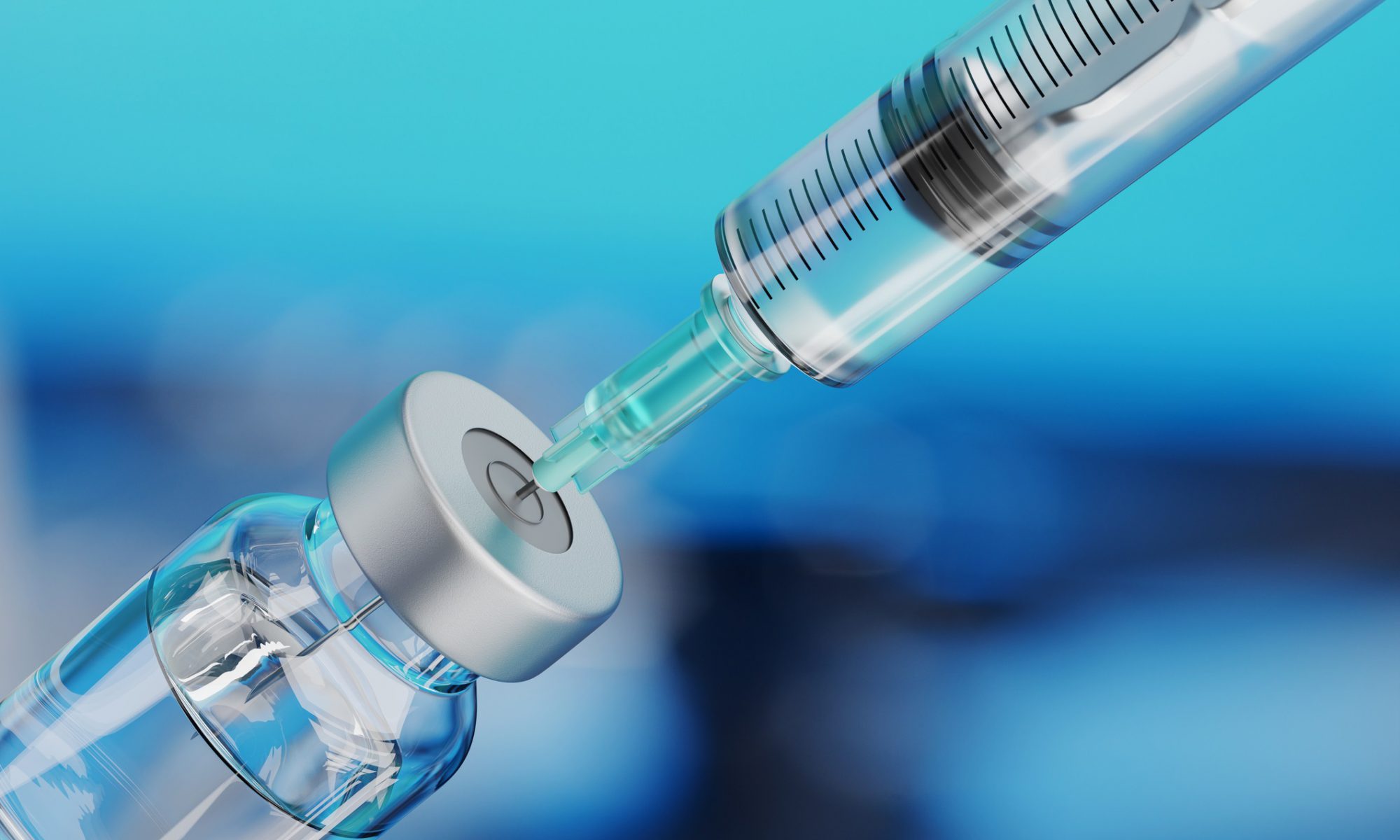Abstract
A life-saving treatment, solid organ transplantation (SOT) has transformed the survival and quality of life of patients with end-organ dysfunction. The coronavirus disease (COVID-19) pandemic has impacted the practice of deceased and living donations worldwide by various resource shifting, including healthcare personnel and equipment such as ventilators and bed space. Read the full abstract in Nature.







